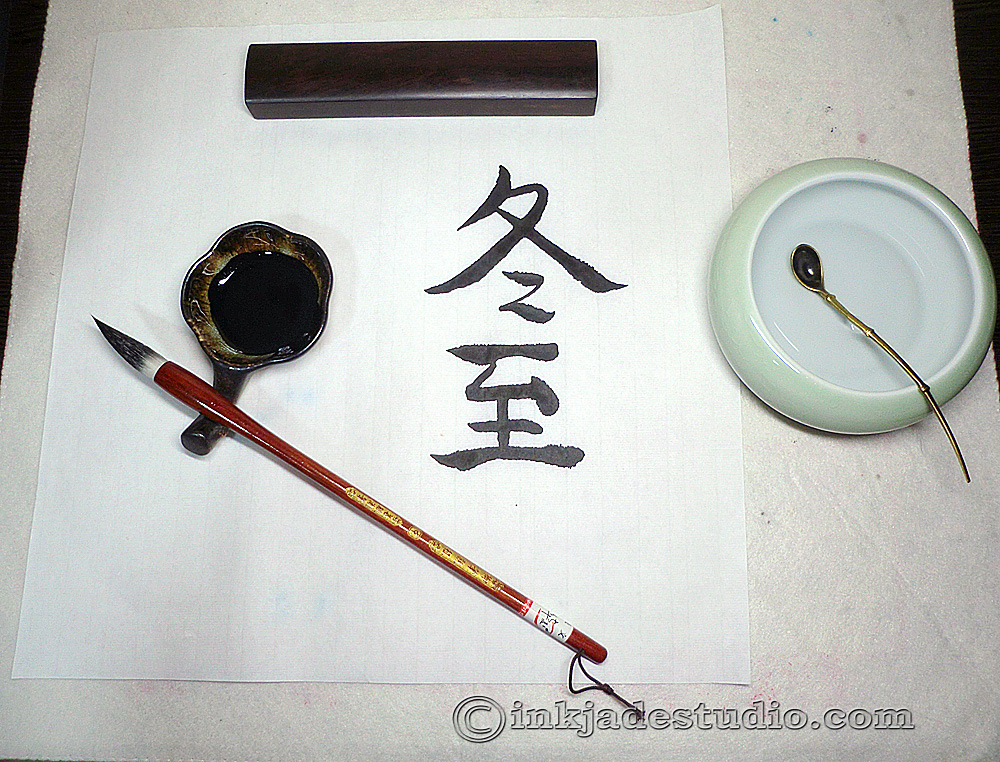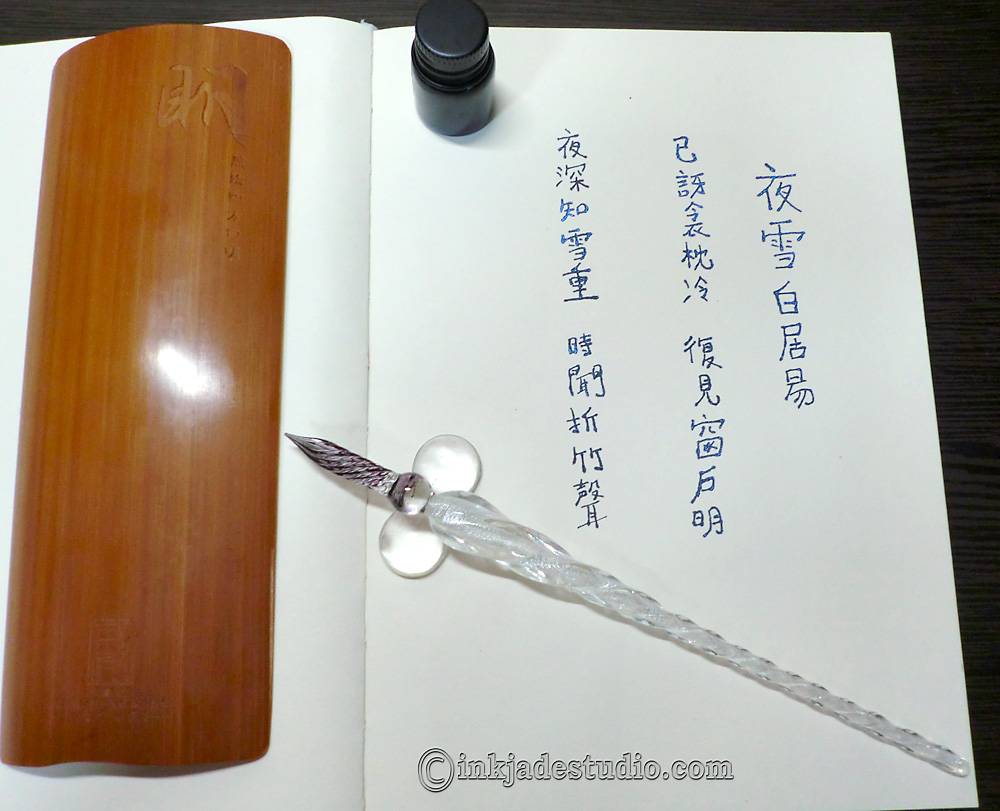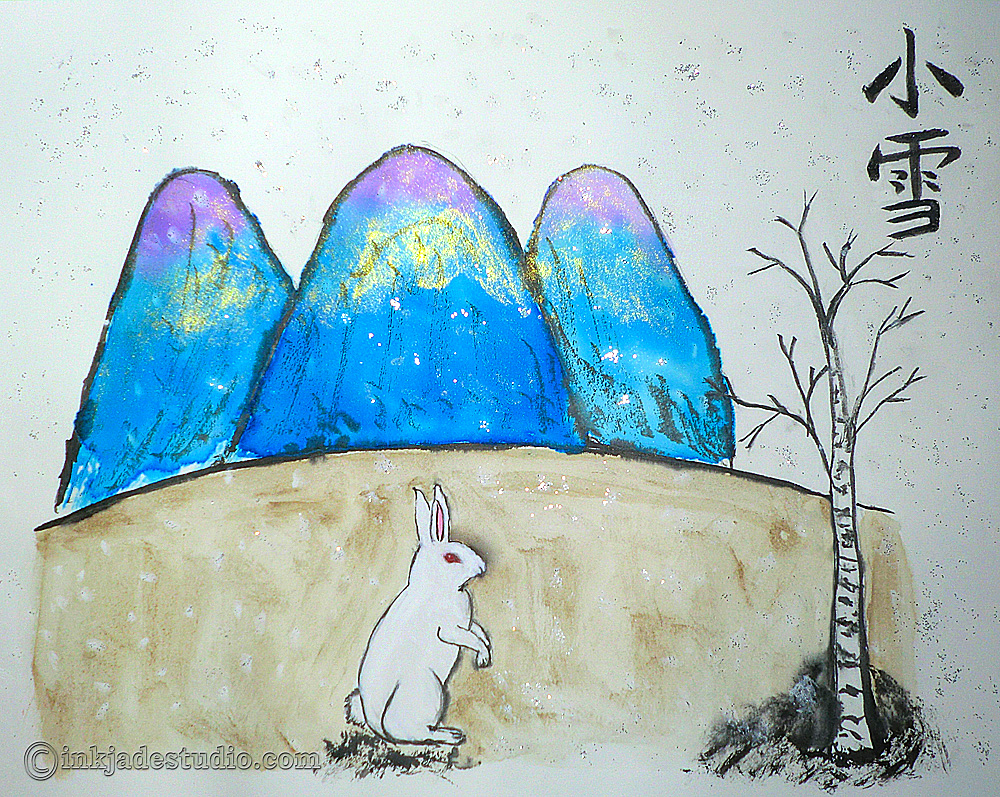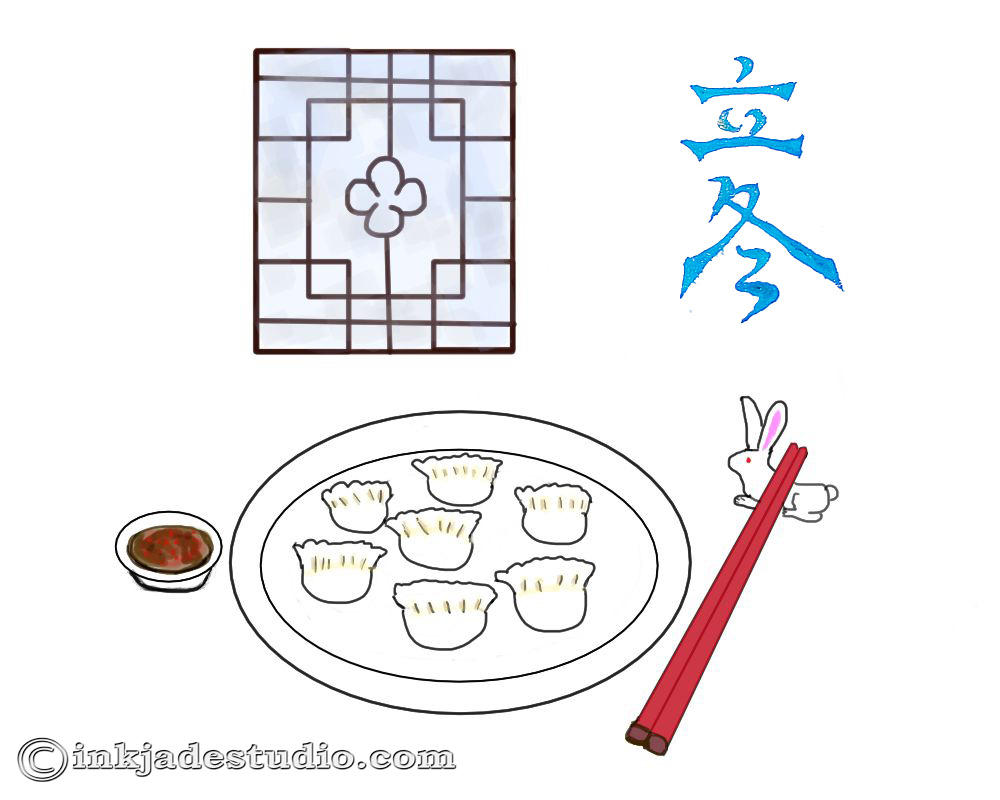Archives
Tags
- chinese (34)
- chinese culture (32)
- china (30)
- solar term (21)
- chinese calendar (17)
- chinese customs (11)
- seasons (11)
- chinese festival (9)
- chinese lunar calendar (9)
- autumn (6)
- summer (6)
- winter (6)
- chinese calligraphy (5)
- singapore (5)
- spring (4)
- traditional (4)
- chinese character (3)
- 2018 (2)
- calligraphy (2)
- chinese diaspora (2)
- chinese food (2)
- chinese language (2)
- chinese new year (2)
- handmade (2)
- hanfu (2)
- jinhao (2)
- purple (2)
- season (2)
- shimmery ink (2)
- singaporean (2)
- tang dynasty (2)
- tassel (2)
- 2017 (1)
- angelina (1)
- antique (1)
- art (1)
- asian (1)
- autumnal equinox (1)
- awakening of insects (1)
- bailu (1)
- beginning of autumn (1)
- biscuit (1)
- cashmere (1)
- chinese characters (1)
- chinese handicrafts (1)
- chinese music (1)
- chinese poetry (1)
- chinese singaporean (1)
- chinese solar term (1)
- chinese solar terms (1)
- chongyang festival (1)
- chrysanthemum wine (1)
- chrysanthemums (1)
- chunfen (1)
- chushu (1)
- cold dew (1)
- copper (1)
- cowherd and weaver girl (1)
- crane (1)
- culture (1)
- dahan (1)
- dashu (1)
- daxue (1)
- digital art (1)
- dim sum (1)
- dongzhi (1)
- dragonboat festival (1)
- dragons (1)
- duanwujie (1)
- dumplings (1)
- durian (1)
- end of heat (1)
- fountain pen (1)
- fountain pens (1)
- frost descending (1)
- grain in ear (1)
- grain rain (1)
- great cold (1)
- great heat (1)
- green garlic (1)
- hand-dyed (1)
- handicrafts (1)
- handspun yarn (1)
- handweaving (1)
- hanlu (1)
- hanzi (1)
- hong kong (1)
- hot water bottle (1)
- hungry ghost festival (1)
- ink painting (1)
- inkjadestudio (1)
- jade rabbit (1)
- jiaozi (1)
- jingzhe (1)
- krita (1)
- laba festival (1)
- laba porridge (1)
- lantern festival 2018 (1)
- lanterns (1)
- lichun (1)
- lion dance (1)
- lion dancers (1)
- liqiu (1)
- lisu (1)
- liu yuxi (1)
- lixia (1)
- loushiming (1)
- lunar calender (1)
- mang zhong (1)
- mid-autumn festival (1)
- minor cold (1)
- minor heat (1)
- moon (1)
- mooncakes (1)
- mountain climbing (1)
- new silk road documentary (1)
- news (1)
- nibs (1)
- night snow (1)
- nostalgia (1)
- peacock green (1)
- penjing (1)
- pine (1)
- poetry (1)
- qingming festival (1)
- qiou (1)
- qiufen (1)
- qixi festival (1)
- Qu Yuan (1)
- rigid heddle loom (1)
- scarf (1)
- sea (1)
- silk (1)
- singaporean chinese (1)
- song dynasty (1)
- spring equinox (1)
- suizi (1)
- summer solstice (1)
- suntec city mall (1)
- superfine merino (1)
- tim ho wan (1)
- tomb-sweeping day (1)
- unicorn magic (1)
- water chestnut (1)
- webshop (1)
- website (1)
- white dew (1)
- winter solstice (1)
- word of the year (1)
- xiaohan (1)
- xiaoman (1)
- xiaoshu (1)
- xiaoxue (1)
- xiazhi (1)
- xin qiji (1)
- yaopei (1)
- yushui (1)
- zhongyuan jie (1)
- 七夕 (1)
- 中元节 (1)
- 元宵节 (1)
- 刘禹锡 (1)
- 处暑 (1)
- 夏至 (1)
- 夜雪,glass pen (1)
- 大寒 (1)
- 大暑 (1)
- 大雪,白居易, bai juyi (1)
- 寒露 (1)
- 小寒 (1)
- 小暑 (1)
- 小满 (1)
- 小雪 (1)
- 惊蛰 (1)
- 春分 (1)
- 汤婆子,tang pozi (1)
- 流苏 (1)
- 海 (1)
- 白露 (1)
- 秋分 (1)
- 穗子 (1)
- 立夏 (1)
- 立春 (1)
- 立秋 (1)
- 端午节 (1)
- 紫 (1)
- 耳朵饼, ear biscuit (1)
- 腊八节 (1)
- 芒种 (1)
- 谷雨 (1)
- 辛弃疾 (1)
- 重阳节 (1)
- 陋室铭 (1)
- 雨水 (1)
- 青玉案 元夕 (1)




